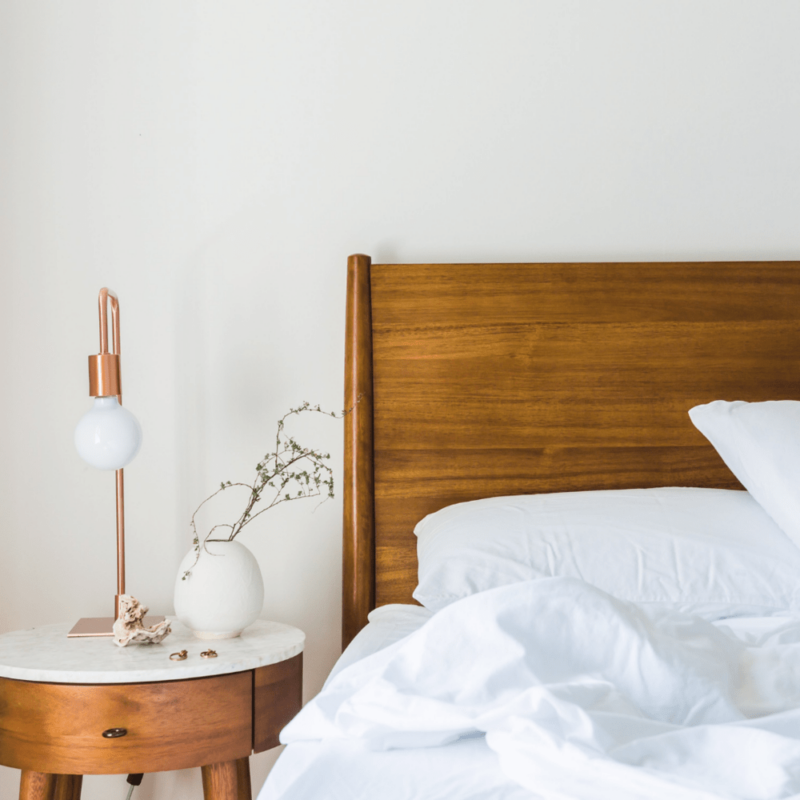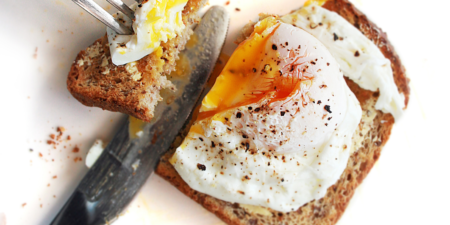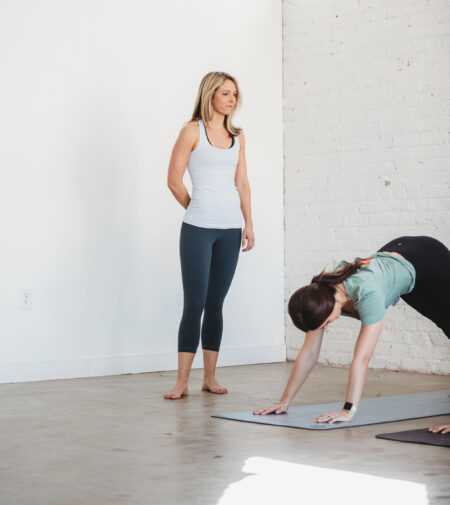The old school of thought is that sleep is overrated. It was once previously believed that the less you slept, the more you could accomplish. People wore their under eye bags like a badge of honor. Thankfully, these beliefs are breaking down, and sleep is more recognized as equally important for your health as nutrition and exercise. Research is showing that sleep duration is directly related to mental health.
Unfortunately, modern-day society still makes it difficult to acquire a full night’s rest. From technology to daily stress, we are both having a hard time falling asleep as staying asleep. There are steps you can take to ensure you get your eight hours. You are probably aware of the advice against blue lights before bed, avoiding caffeine in the afternoon, and refraining from eating too late. Here are five tips to further improve your sleep hygiene.
1. Only use your bed for sleeping and sex. Using your bed for work, watching tv, or other activities will lead your body to associate your bed with these activities. If you reserve your time in bed for sleeping, your body will begin to associate your bed with sleep. The goal of this technique is called “stimulus control,” which breaks the association of bed as a place of frustration and worry.
2. Don’t force yourself to sleep. If you can’t fall asleep, get up, change locations, and do something calming. Read a book, draw, write in a journal, or stretch. Avoid bright lights and screens. If choosing to read, we suggest a Kindle or small night light. If your thoughts are spinning with your to-do list, put pen to paper and write it out. This will help clear your mind, help you unwind, and release the worry. Sometimes providing your body with these moments of peace is all you need to fall back asleep.
3. Invest in your sleep environment. Make a space for yourself that instantly helps you unwind and rest. Your mattress and pillows should feel really comfortable, allowing your body to settle down. Also, make sure your bedroom is dark, quiet, and cool. Turning the air down to 68 degrees works to decrease our body temperature, signaling it is time for sleep. There are also accoutrements you can use such as blackout shades, an eye mask, ear plugs, or lavender essential oils to create a conducive environment.
4. Put the phone away. We are all guilty of bringing our phones to bed with us, but the sad reality is that screens and sleep are incompatible. The stimuli that come from playing games, checking emails, and scrolling social feeds conspire to keep our brains active and alert – and awake way later than we should be. Try setting your phone on “Do Not Disturb” or airplane mode at a certain point each evening. Better yet, charge it in a completely different room. This will prevent notifications from alerting you during the night.
5. Avoid napping during the day. Some people thrive off of a mid-day siesta, but if you are someone that struggles with sleep, try to avoid it. If needing a boost of energy, try exercising instead. Morning exercise has been shown to be best for those with sleep issues. Once you get into the habit, you are surely to kiss your nap needs goodbye.









